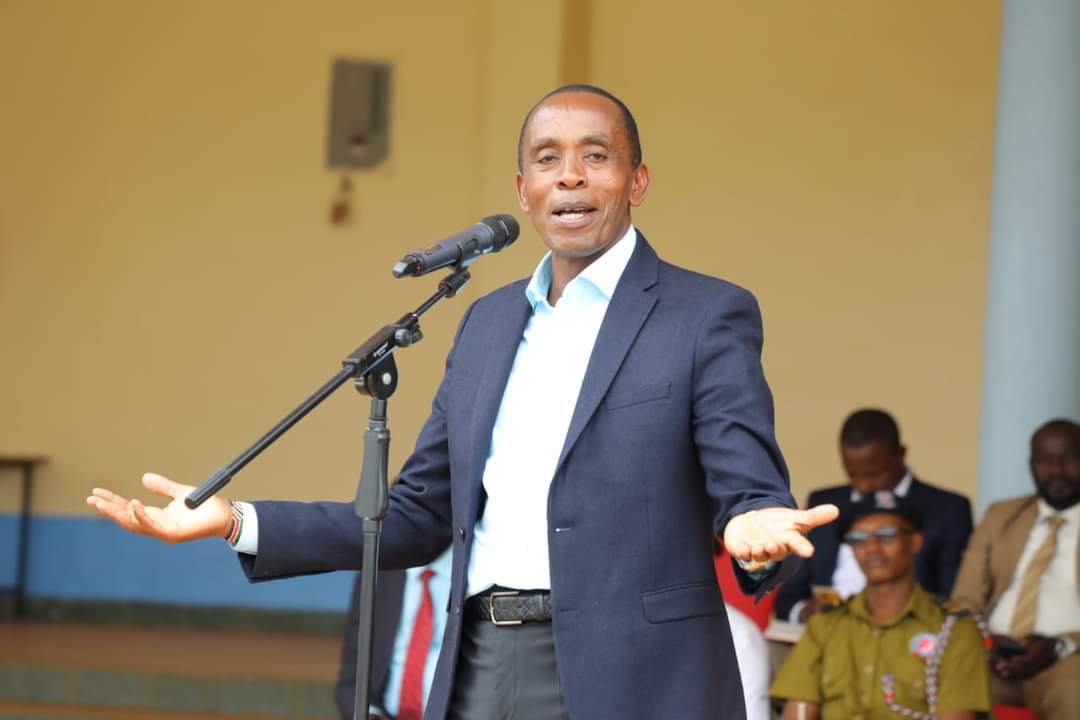Kiambu Governor Kimani Wamatangi has secured temporary protection from arrest and prosecution after the High Court issued conservatory orders barring any action against him amid ongoing investigations.
Justice Chacha Mwita granted the order on Thursday following an urgent application filed by the governor’s legal team under a certificate of urgency.
The ruling directs the Director of Public Prosecutions and the Ethics and Anti-Corruption Commission to suspend any attempts to arrest or charge the governor based on the current investigations, until the court rules on the main petition.
“A conservatory order is hereby issued restraining respondents from arresting and charging the petitioner based on the investigations undertaken in this matter until September 18, 2025,” Justice Mwita ruled.
The judge noted that although some parts of the investigations were carried out under valid court orders, the ODPP had yet to decide whether to proceed with charges. He added that courts only intervene in investigations when it is shown that the process is being used in a manner that goes beyond its legal scope.
Justice Mwita further cautioned against violating the governor’s rights in the course of the probe, including his right to privacy and human dignity.
Representing the governor, lawyer Arwa told the court that his client was being unfairly targeted and that he faced the risk of unlawful arrest and harassment. He argued that such actions would violate Wamatangi’s constitutional protections.
However, the EACC, through lawyer Ruto Murugi, opposed the issuance of the conservatory orders, maintaining that the agency was only carrying out lawful investigations and had not engaged in any form of harassment or intimidation.
The ODPP, represented by counsel Achochi, did not oppose the timelines set by the court for the filing of responses and submissions.
Justice Mwita directed the ODPP to file a response to both the application and the petition within 14 days.
The petitioner will also be allowed an equivalent period to file any supplementary affidavits and written submissions, each not exceeding 10 pages.
The respondents will have another 14 days to file their replies.
The case is set to be mentioned on September 19, 2025, for further directions.

